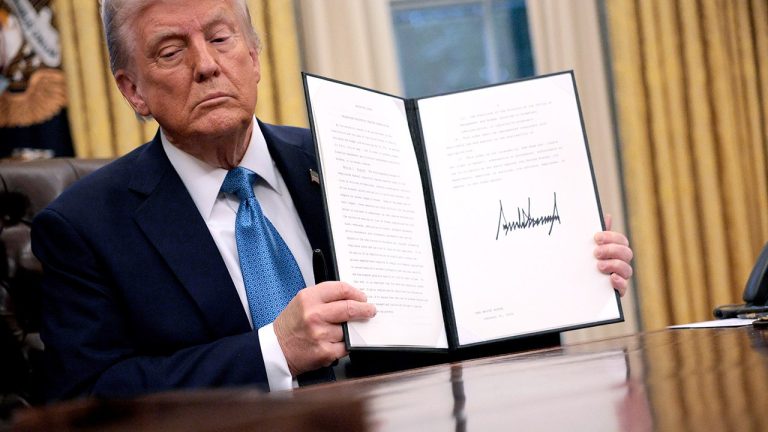
The state pension is legally required to increase in line with the triple lock but some argue that a means-tested approach should be considered to support those who rely on the payments.
The new state pension is expected to rise by 8.5 percent in April, yet a former Bank of England economist has warned that a future government needs to adopt a means-tested element.
David Blanchflower, who sat on the Bank of England’s Monetary Policy Committee from 2006 to 2009, told inews.co.uk that the payment was “very low” for Britons who rely on the payment.
He said: “I think there is a major poverty issue in the UK. For those solely dependent on state pensions and other benefits the levels look very low – not so much for those who own their houses and have private pensions.
“An incoming government is going to have to means test stuff. They are going to have to raise the basic pension a lot for the poor, and probably means test it. It isn’t that pensions are too low, it is they are too low if that is the only income you have.”
If you can’t see the poll above, click here
At present the state pension increases each year in line with average earnings growth, the CPI inflation rate, or 2.5 percent
The full new state pension is due to rise from £10,600 to £11,502 while the basic state pension will increase by more than £600 to £8,814 annually.
Director of public policy at investment platform AJ Bell, Tom Selby, also told inews.co.uk: “Means testing the state pension is a nice idea in theory but once you get into the practicalities, it could become a bit of a nightmare.”
So what do YOU think? Should the state pension be means-tested? Vote in our poll and join the debate in the comment section below.







